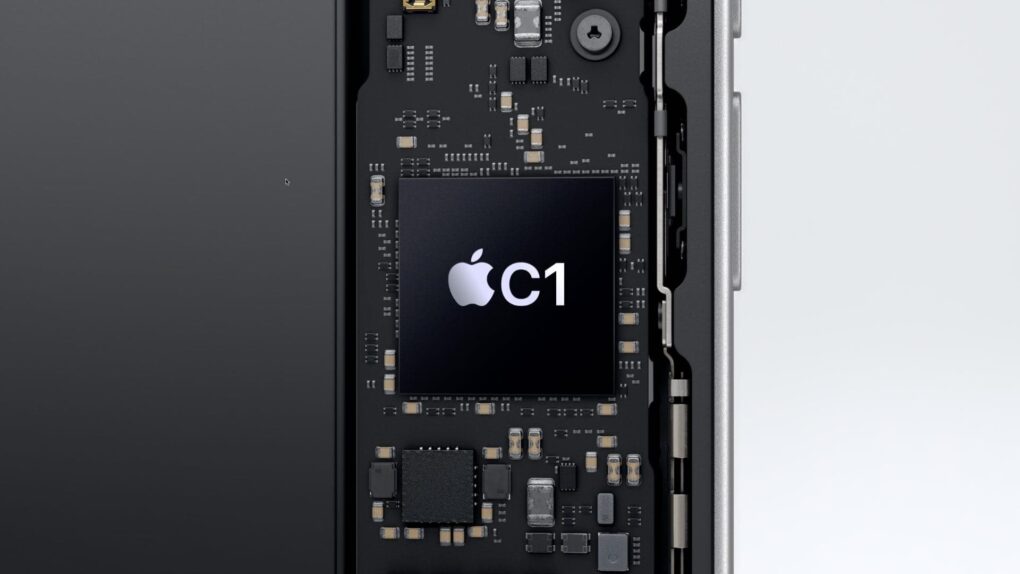A new Qualcomm study suggests the company’s modems outperform Apple’s first in-house modem chip, the C1 — particularly in challenging urban network conditions.
The research from Cellular Insights, funded by Qualcomm, tested the iPhone 16e — Apple’s first device to feature the company’s homegrown C1 modem — against Android smartphones powered by Qualcomm chips on T-Mobile’s 5G network in New York City.
Qualcomm modem study: Performance gaps emerge in dense urban environments
The C1 is Cupertino’s first in-house modem chip model, deployed in the sleek and affordable iPhone 16e as part of the iPhone giant’s broader strategy to reduce dependence on suppliers, giving it greater control over features, costs and product roadmaps. Upon its release, Apple CEO Tim Cook touted it as the most energy-efficient modem ever in an iPhone, not the best ever.
The C1 looked good against iPhone 16’s Qualcomm chip in early independent testing. As more advanced models follow, performance (and maybe market dominance) should increase, Apple-style.
According to the new Qualcomm modem study results, iPhone 16e showed significant performance deficits compared to similarly priced Android devices using Qualcomm modems, Bloomberg reported. The Android phones demonstrated download speeds up to 35% faster and upload speeds up to 91% faster than Apple’s device.
The study showed the performance gap became more pronounced in scenarios that typically challenge cellular connections: busy networks, indoor environments and locations farther from cell towers. These are precisely the conditions where users most need reliable, fast connectivity for streaming, video calls and data-intensive applications.
“For users operating in dense urban, indoor or uplink-intensive environments, the benefits of better 5G performance in the Android smartphones is not just theoretical — it is quantifiable, repeatable and operationally significant,” the report said.
Heat and throttling concerns
Beyond speed differences, the study raised concerns about the iPhone 16e‘s thermal management. Researchers noted that the device became “noticeably hot to touch and exhibited aggressive screen dimming within just two-minute test intervals” during testing.
If true and replicated in other studies, this suggests the C1 modem may be less energy-efficient than Apple initially claimed, potentially impacting both performance and user experience.
High stakes for both companies
This technological rivalry carries significant financial implications. Qualcomm has historically derived roughly 20% of its revenue from Apple, serving as the exclusive modem supplier for iPhone models prior to the iPhone 16e launch earlier this year. The chipmaker expects this revenue stream to eventually disappear as Apple expands its in-house modem deployment across more devices.
Apple has not yet responded to requests for comment regarding the study’s findings. While the research provides valuable performance data, iPhone users should consider that Qualcomm funded the study, potentially introducing bias in methodology or interpretation.
As Apple continues developing its modem technology, future iterations may address the performance gaps identified in this assessment.


